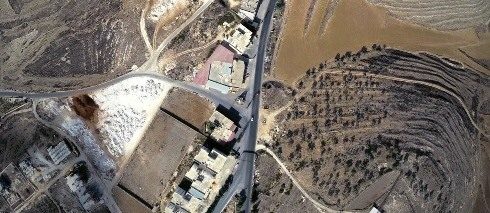Film
The Aftermath of the Digital Revolution

One would be struck by the crystal clear presentation of Berlinale’s opening film Hail Caesar (Coen Brothers, 2016) at the Friedrichstadt-Palast cinema. Coen’s sleek production offers an opportunity for the digital technology to prove its latest wonder. For the first time ever, the 2016 Berlinale used a 4k laser projector for the screening.
Film festivals seem to become the best platform to experiment with new screening and data processing technologies. As stated by the festival, the Berlinale has implemented digitization of all its operation since at least 2010. More than 95% of all films screened at the festival are in digital format (DCP) while film submissions have been processed through digital transfer software Faspex. One might not be able to imagine the enormous server that the festival has to store all of this cinematic data that amounts to over one petabyte (1000TB).
Digital Filmmaking
Digital technology has not only revolutionized filmmaking but also it has democratized filmmaking across the world. In some cases, digital technology enables filmmakers in least developed countries to produce high quality images and sound—without a Hollywood budget. Ajhdeha Vared Mishavad! (A Dragon Arrives!), an Iranian film by Mani Haghighi is a case in point. In contrast with his neorealistic low budget-y predecessors, Haghighi creates an interesting, weird, and genre-bending film in a highly glossy production. Putting the story aside, one would think that this is a Hollywood blockbuster.Yet, digital technology has also become a problem, particularly in the emergence of images and sound from military-based technologies such as drones and radars. As many films in the festival set in war-ravaged regions, filmmakers both make use and problematize what German filmmaker Harun Farocki calls operational images. Using drone images, for instance, Ahmad Ghossein challenged us to rethink our relation to images and landscape of war. What does it mean to witness a war? What does it mean to document it?